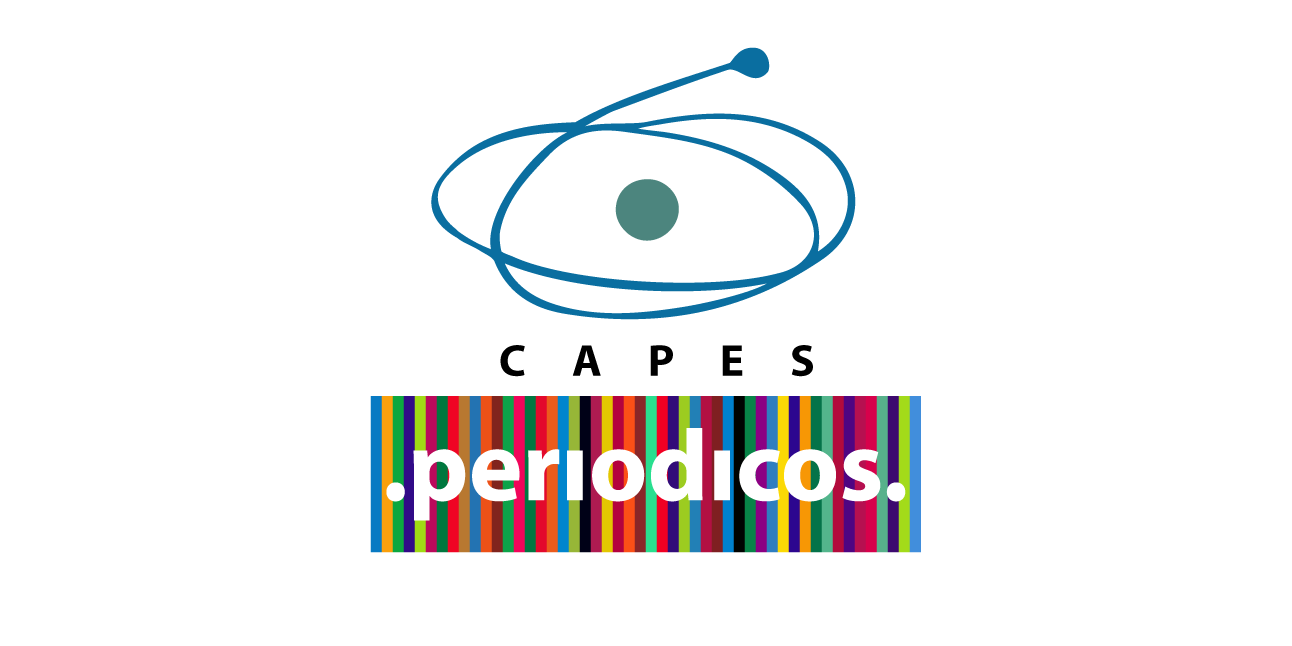O Modelo de Ensino de Engenharia Elétrica Baseado nas Necessidades Pragmáticas dos Seres Humanos com as do Desenvolvimento da Capacidade de Pensar
Palavras-chave:
Engenharia Elétrica, Ciência, Tecnologia, Sociedade, EducaçãoResumo
Os modelos educacionais dos cursos de engenharia elétrica no Brasil, em geral, são herança dos moldes tradicionais de educação advindas dos padrões europeus. Desde os primeiros cursos ofertados, poucas alterações foram feitas na grade curricular deles. Porém, o modo de vida e as necessidades atuais são diferentes das do período de sua implantação no Brasil. A proposta dessa pesquisa é da criação de um ensino capaz de perceber as necessidades reais que o profissional irá enfrentar no mercado de trabalho e relacionar com o conteúdo da base da engenharia elétrica. Para isso, é necessária a correlação de diversas disciplinas para o melhor entendimento do problema, criando uma solução contextualizada com a realidade do local onde o acadêmico está inserido. Desta forma, podem-se minimizar os casos de problemas ambientais, sociais, políticos e econômicos do fazer técnico próprio dessa profissão. Na universidade, portanto, o futuro engenheiro se depara com projetos de produtos, serviços entre outras necessidades da sociedade. O resultado de suas pesquisas e planos pode ser revertido para a sociedade, gerando um relacionamento estreito entre universidade e bem coletivo.Downloads
Publicado
2013-06-12
Como Citar
Paqueira, E. dos S., & Bazzanella, S. L. (2013). O Modelo de Ensino de Engenharia Elétrica Baseado nas Necessidades Pragmáticas dos Seres Humanos com as do Desenvolvimento da Capacidade de Pensar. Iniciação Científica Cesumar, 15(1). Recuperado de https://periodicos.unicesumar.edu.br/index.php/iccesumar/article/view/2832
Edição
Seção
Artigos Originais
Licença
A Revista se reserva o direito de efetuar, nos originais, alterações de ordem normativa, ortográfica e gramatical, com o intuito de manter o padrão culto da língua, respeitando, porém, o estilo dos autores. As opiniões emitidas pelos autores são de sua exclusiva responsabilidade.Juntamente com o e-mail de aceite (para casos de aprovação) será encaminhado modelo da Carta de Direitos Autorais que deverá conter o nome completo dos autores, bem como dados de documentos pessoais e assinada por todos os autores e coautores envolvidos no trabalho.
Autores mantém os direitos autorais e concedem à revista o direito de primeira publicação, com o trabalho simultaneamente licenciado sob a Licença Creative Commons Attribution CC-BY-NC que permite o compartilhamento do trabalho com reconhecimento da autoria e publicação inicial nesta revista.






